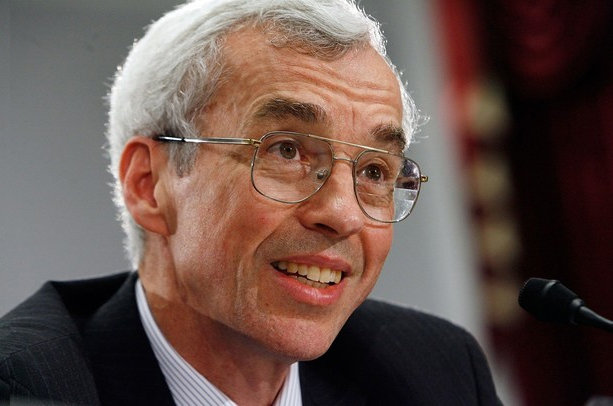There is high turnout in healthy democracy: ex-CIA analyst

TEHRAN – Professor Paul Pillar, who was CIA intelligence analyst for 28 years, says generally people vote massively in a “healthy democracy”.
“If people vote even if they are not compelled to do so, it shows that they believe their votes matter,” Pillar says in an exclusive interview with the Tehran Times.
Following is the text of the interview.
Q: Does having elections in a country mean there’s democracy?
A: Free elections are an essential aspect of democracy, but elections alone do not necessarily prove that a political system is democratic. Many authoritarian regimes hold what they call elections, often with the incumbent leader receiving what is reported to be a very high percentage of the vote, but these are essentially shows or propaganda that have nothing to do with the people being able to choose their leaders. Even in countries where elections are freer than that, the health of a democracy requires more than just free elections. It also requires a political culture in which each party or political group accepts the opposing party's legitimacy and right to govern if it wins an election.
Q: Does people’s participation in elections really affect their personal and social lives?
A: The most important reason to have elections does not have to do with individuals' personal and social lives. The most important reason is to provide the people with a means to get rid of their rulers if the rulers are not acting in the interests of the people. Some theorists of democracy, however, argue that participation in free elections also has a more direct and personal benefit for citizens who participate. It enables citizens to feel part of something larger than themselves, to feel more empowered, and to feel more of a stake in their society, their state, and their political system than they otherwise would.
Q: Does high turnout in elections show the political maturity of a society?
A: Not necessarily. In some of the sham elections held in authoritarian states, participation is typically reported as being high. In non-authoritarian states, turnout can be affected by many different factors, including in some cases a legal requirement to vote. In general, a healthy democracy has high turnout. If people vote even if they are not compelled to do so, it shows that they believe their votes matter. This is not necessarily best described as a matter of maturity. A democracy can mature and then, if citizens gradually become disillusioned with politics they become less likely to vote. Such a democracy is becoming less healthy, but it is not a matter of being less mature.
Q: In what way can high turnout in elections help political development?
A: High turnout, if it signals strong citizen interest in politics and public affairs, can presage political development for that very reason. The more that the people are engaged, the better this is for developing other aspects of the sort of political culture needed for healthy democracy.
